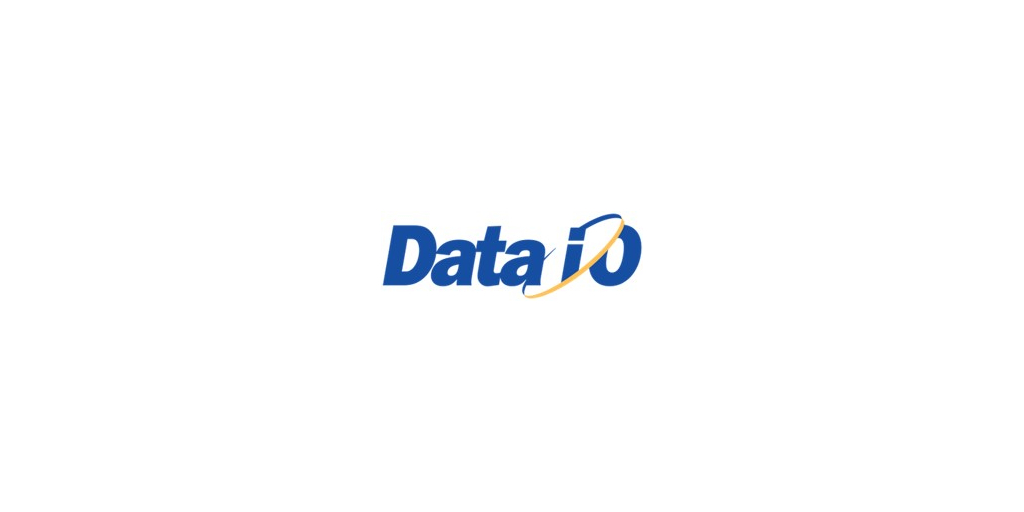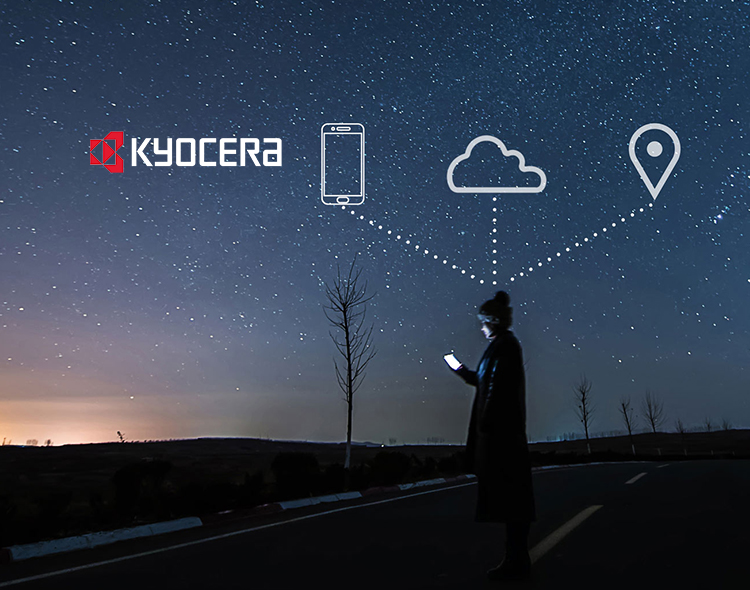
Hippocratic AI Issued a US Patent Covering Critical Innovation at the Core of Agentic AI and Key to Ensure Clinical Safety in Large Language Models for Healthcare
Media:
Rick Keating
rkeating@keatingco.com
917 767 2400
Hippocratic AI, the company building the first safety-focused Large Language Model (LLM) for healthcare, today announced the issuance of its first patent. Patent 12,142,371, issued by the US Patent Office this month, covers several innovations incorporated into Polaris, its safety-focused LLM built with a constellation architecture for healthcare.
The Polaris constellation architecture plays a central role in making Hippocratic AI’s system safe. Early single LLM prototypes correctly answered only 80% of questions posed in clinical, non-diagnostic conversations. After the invention of the constellation architecture, Hippocratic AI’s Polaris 1.0 system exceeded human accuracy on critical benchmarks, and its Polaris 2.0 system correctly answered 99.02% of questions posed.
The constellation architecture rests on the idea that the safest way to build an LLM application is to use not one LLM but multiple models that double-check the primary model to ensure accuracy and safety. Since the launch of Polaris 1.0 in Q1, 2024, many AI agents have utilized the same approach.
“The patent highlights not only that Hippocratic AI invented this novel approach, but also the breadth and depth of Hippocratic AI’s innovation,” said Munjal Shah, co-founder and CEO of Hippocratic AI. “We believe the way to ensure safety in healthcare AI – and be true to our “do no harm” mission – is through this unique, novel architecture. I commend the Hippocratic AI team for having the vision, skills, and acumen to develop, patent, and deploy Polaris in under two years – they are truly our most important asset.”
Hippocratic AI’s patent covers key components of the Polaris system, including its constellation architecture, where a main model drives the conversation while other models provide support:
-
Primary Model:
- Conversation Interface: Based on a custom-trained large language model (LLM), the primary model is custom-trained for healthcare by ensuring an empathetic, non-judgemental conversation. Furthermore, the primary model utilizes proven clinical techniques to ensure patient compliance, such as motivational interviewing and more.
-
Support Models
-
Overdose Engine: An additional large language model that performs in-depth analysis of the ongoing conversation to ensure the patient hasn’t indicated the amount of a medication they are taking or plan to take will result in toxicity or exceed the prescription from their physician.
-
Condition Specific Disallowed Over the Counter (OTC) Engine: Not all patients can take OTC medications. For example, patients with CKD IIIa shouldn’t take ibuprofen. If they recently had a PRP treatment, certain painkillers will be contraindicated. This engine does the complex reasoning to enforce the OTC recommendations provided by the care team for each specific patient's health condition, thus ensuring safety.
-
Medication Reconciliation Engine: Patients often mispronounce drug names or leave off entire syllables. If the AI can’t correctly identify what medication the patient is referring to, an error could occur that could hurt a patient. This engine uses a sophisticated set of reasoning steps, patient Q&A, and other techniques to ensure the correct drug and the correct version of a drug (extended-release, etc).
-
16 other engines designed to ensure safety
-
Overdose Engine: An additional large language model that performs in-depth analysis of the ongoing conversation to ensure the patient hasn’t indicated the amount of a medication they are taking or plan to take will result in toxicity or exceed the prescription from their physician.
These components work together to provide a robust, low-latency conversational AI system tailored for healthcare applications. Specific applications disclosed in the patent include:
- Preventative Screenings: Engaging in conversations to gather data for Healthcare Effectiveness Data and Information Set (HEDIS) calculations and other preventative health measures.
- Intake Tasks: Performing roles typically handled by a hospital intake staff, such as providing appointment-related information and conducting Health Risk Assessments (HRA).
- Scheduling and Waitlisting Tasks: Scheduling appointments and waitlisting patients for consultations, surgeries, or other medical procedures.
- Pre-Operative Tasks: Acting as a pre-op assistant to review pre-op checklists with patients, including dietary restrictions, medication guidelines, and other pre-operative instructions. ?
- Discharge Tasks: Managing discharge checklists, explaining post-operative care, reviewing medications, highlighting warning signs, and making follow-up appointments. ?
- Chronic Care Management Tasks: Reviewing medical records, providing self-management advice, and determining social determinants of health (SDOH). ?
- Billing and Insurance: Providing information regarding insurance coverage, explanation of benefits (EOB), and other billing-related information. ?
These and other Hippocratic AI applications aim to reduce healthcare staff shortages, lower healthcare costs, and allow human medical staff more time to focus on in-person patient engagement, thereby improving overall healthcare delivery and patient satisfaction.
About Hippocratic AI
Hippocratic AI’s mission is to develop the first safety-focused Large Language Model (LLM) for healthcare. The company believes that a safe LLM can dramatically improve healthcare accessibility and health outcomes in the world by bringing deep healthcare expertise to every human. No other technology has the potential to have this level of global impact on health. The company was co-founded by CEO Munjal Shah, alongside a group of physicians, hospital administrators, healthcare professionals, and artificial intelligence researchers from El Camino Health, Johns Hopkins, Washington University in St. Louis, Stanford, Google, and NVIDIA. Hippocratic AI has received a total of $137 million in funding and is backed by leading investors, including General Catalyst, Andreessen Horowitz, Premji Invest, SV Angel, NVentures, and Greycroft. For more information on Hippocratic AI, www.HippocraticAI.com.
View source version on businesswire.com: https://www.businesswire.com/news/home/20241127354152/en/











